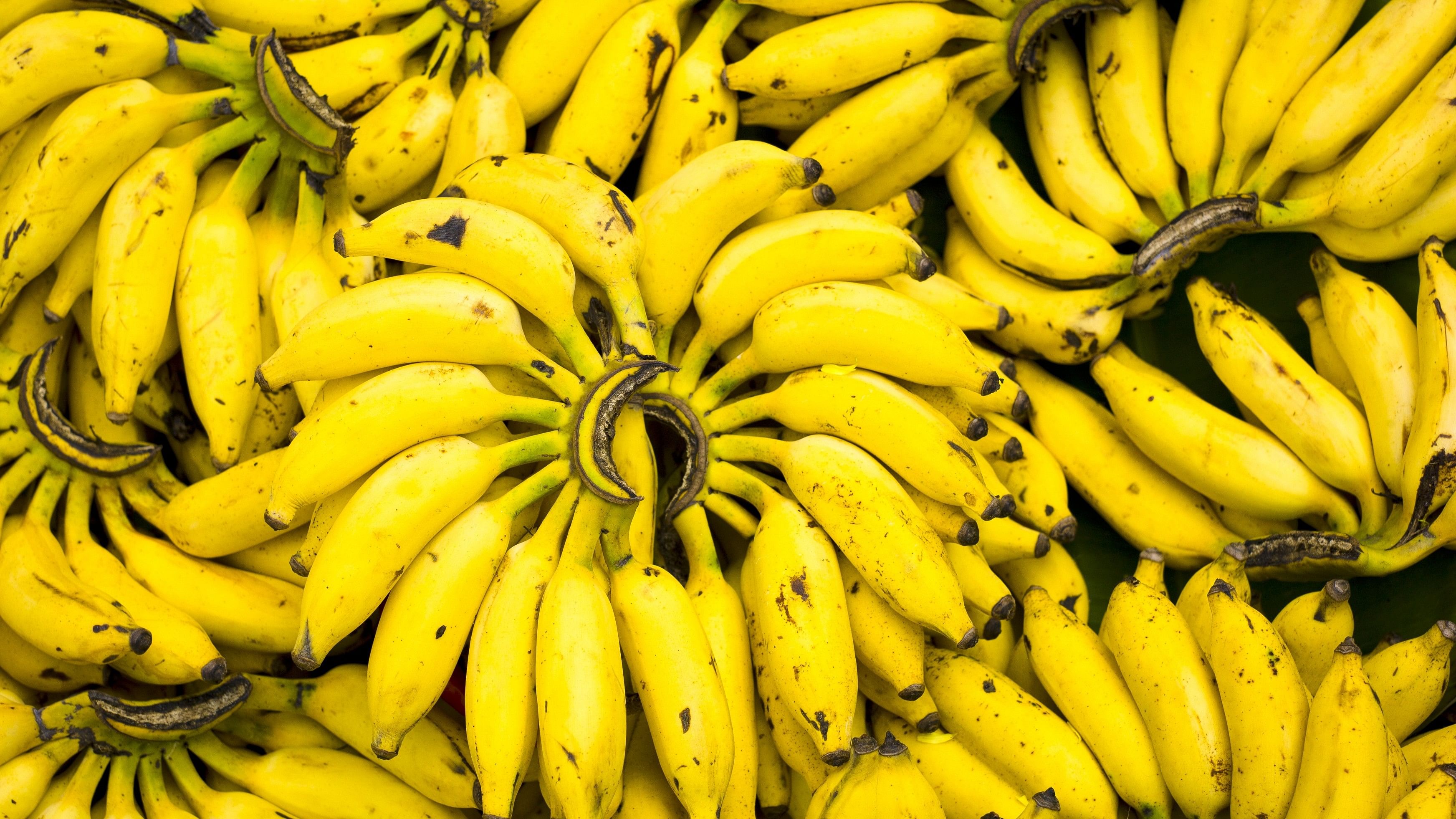
Nanjangud Rasabale banana variety.
Credit: iStock Photo
Bengaluru: The famed Nanjangud Rasabale will be the focus of a new study by the National Research Centre for Banana (NRCB), which plans to cultivate 18 other Rasabale genotypes in Nanjangud.
The study aims to assess their distinct qualities and develop a solution to combat the wilt disease that has forced many farmers to abandon its cultivation.
Panama Wilt, a soil-borne disease caused by a fungus that enters the roots through fine laterals, has significantly impacted banana production. This pathogen is resistant to many fungicides and has devastated crops.
The Nanjangud Rasabale, which received a GI tag in 2005, has become a rare commodity, even in Mysuru due to the decline in cultivation.
NRCB Director R Selvarajan said the disease is a nightmare for farmers cultivating Grande Naine, a cultivar (a selected variety) of Cavendish banana or 'pachbale'.
"Grande Naine is cultivated in about six lakh hectares. About 2% to 3% of the cultivated area in Bihar, Gujarat, Uttar Pradesh and West Bengal is suffering from the wilt disease," he said.
Selvarajan said the institute has developed a biochemical agent which has proven successful in protecting the plants from the wilt. "Considering the fact that Nanjangud Rasabale is facing a similar threat, we will focus on the variety by undertaking a project that will also help conserve other Rasabales," Selvarajan said.
He said the study involves cultivating the 18 genotypes of banana similar to the Nanjangud Rasabale and collecting their fruits. "We will see which one is the best in fungal resistance while tasting similar or the same as the Nanjangud Rasabale. That plant will be promoted," he said.
Sweet spots
Searching for a better variety, the NRCB has developed Udayam, Karpuravalli, and Kaveri Kalki, which boast sweetness levels of up to 32 degrees brix. However, officials noted that sweetness alone does not determine the popularity of a variety, as flavour plays a dominant role.
The research on the Nanjangud Rasabale, which has a sweetness of about 23 degrees brix, is a step in determining the flavour.
The institute also cultivates Pisang Lin, a variety from Thailand, which is believed to be a good choice for people with diabetes. Officials said the glycemic index — used to measure the blood sugar levels — of the variety is found to be around 52, considered low.
The NRCB has collected several genotypes from the International Type Collection in Belgium.
"We have taken some of the invitro genotypes and conducted research to see if they suit our environment. A promising variety, currently codenamed '2390', has shown potential with its high keratin content," said Selvarajan.
"We will conduct multi-location trials over the next two years to determine where we can achieve good yields. After that, it will be released."